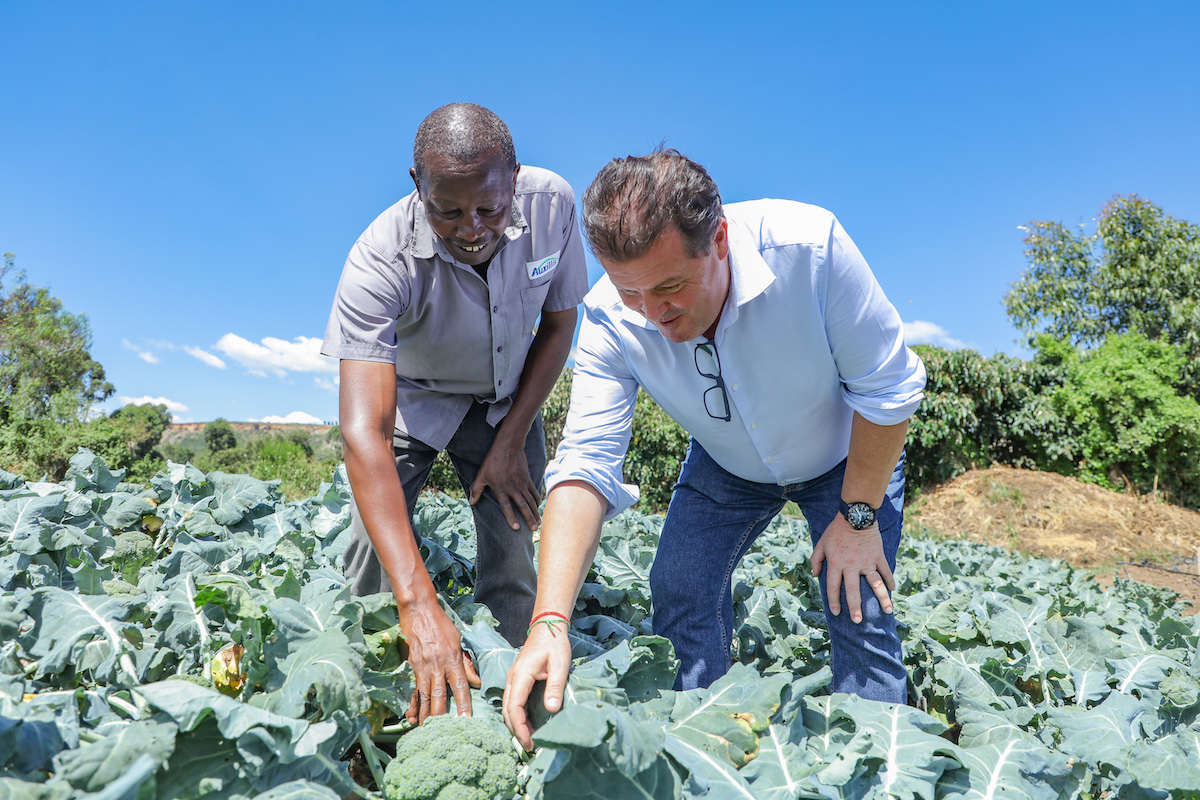In a first study of its kind, researchers in the University of Texas at San Antonio (UTSA) have assessed the link between food insecurity and obesity.
But obesity is commonly linked with excessive food energy intake and lack of physical exercise. A small number of the cases are connected to genetics, psychiatric illness and medical reasons.
One is considered obese when their Body Mass Index (BMI) is 30 and above.
However, the new research has showed that people who live in food deserts or experience food insecurity are at a high risk for obesity.
Therefore people who do not get enough to eat and live in places that is hard to access food stores are at an elevated risk for obesity.
According Professor Alexander Testa the study author for obesity to be curbed, it is important to ensure that all individuals have reliable access to nutritious food.
READ: DELAY BATH AFTER BIRTH, MEDICS ADVICE MOTHERS
“The study highlights the need of adequate nutrition for health. Millions of people are not able to have enough food to eat and most live in communities where affordable health food options are not available,” said Prof Testa.
Food insecurity implies to one’s state of being without a constant access to a sufficient quantity of affordable nutritious food, while food desert are geographical areas that has limited access to affordable and nutritious food and limited access to vegetable stores and supermarkets.
The study further revealed that women are more likely to show signs of obesity as a result of food insecurity compared to the male counterparts.
SEE ALSO: CHEAP, COMMONLY USED MEDICINE CAN HELP TREAT MENTAL ILLNESS
This is due to the fact that mothers tend to protect their children from food insecurity by cutting down on their nutrition intake and add to their babies.
“The lack of access of food can be a major stressor on individual and our study finds that experiencing food hardships is particularly consequential for the health of women,” added Professor Dylan Jackson the co author of the study.
The authors are nonetheless continuing with further researches to reveal how food insecurities are related to health problems.







![President William Ruto during the launch of Climate WorX in Nairobi. [Photo/PCS]](https://businesstoday.co.ke/wp-content/uploads/2024/10/President-William-Ruto-during-the-launch-of-Climate-WorX-in-Nairobi-1-e1727761613802.png)





13 Comments